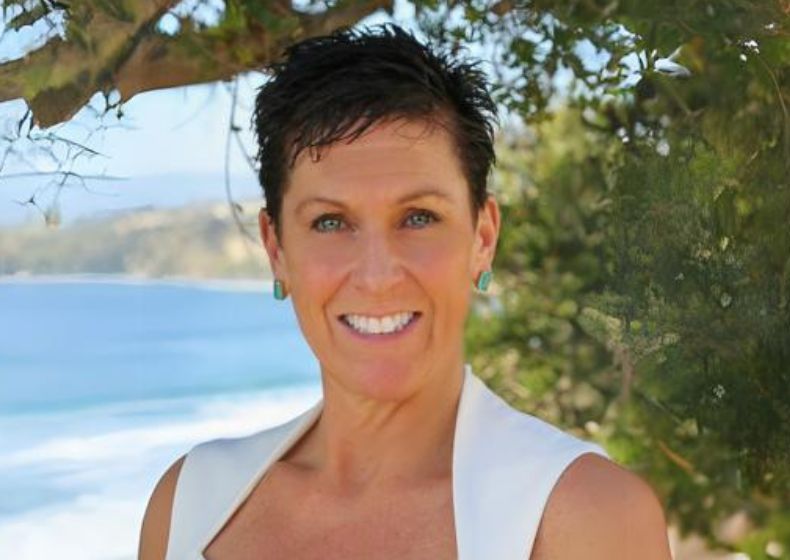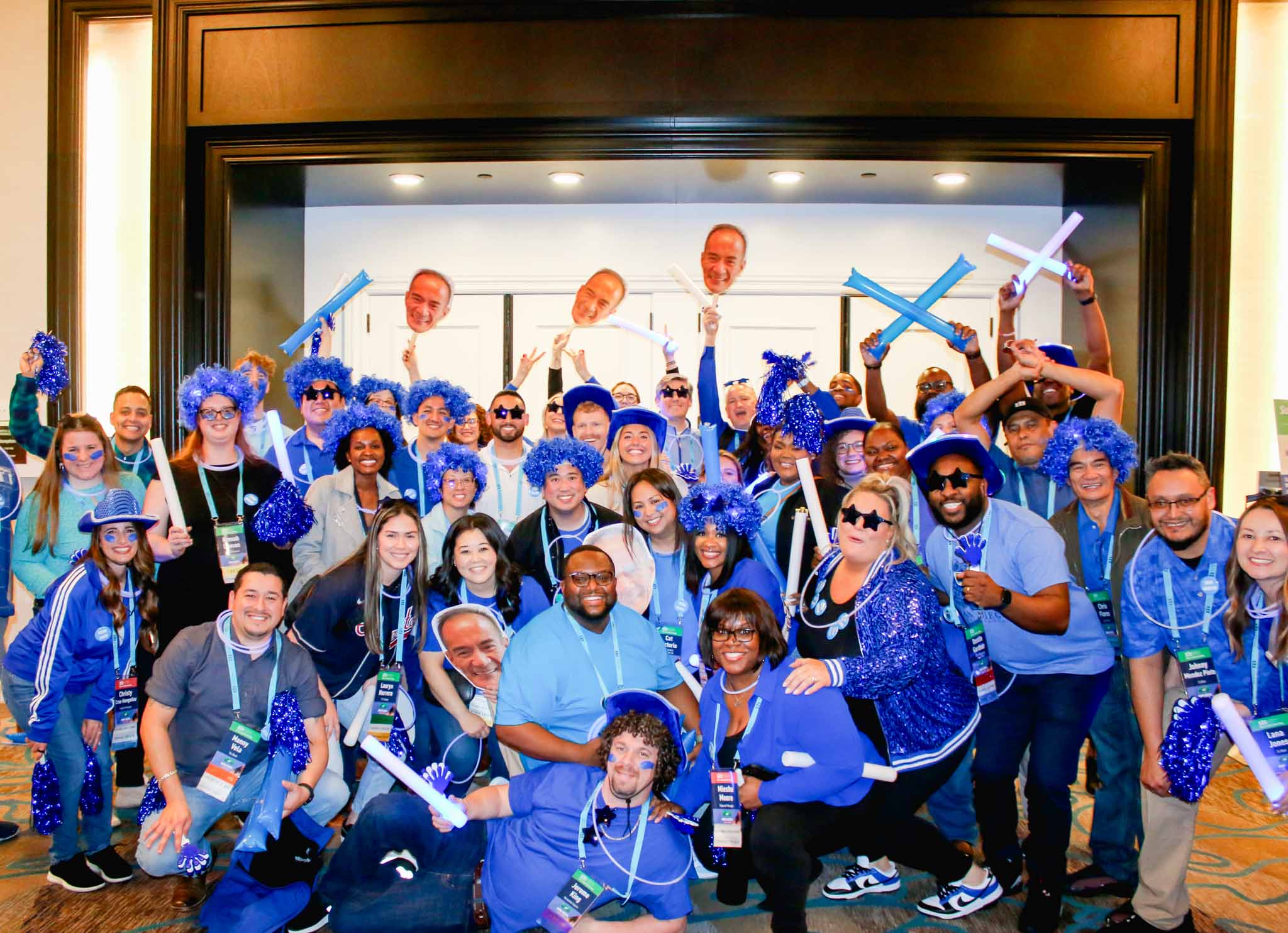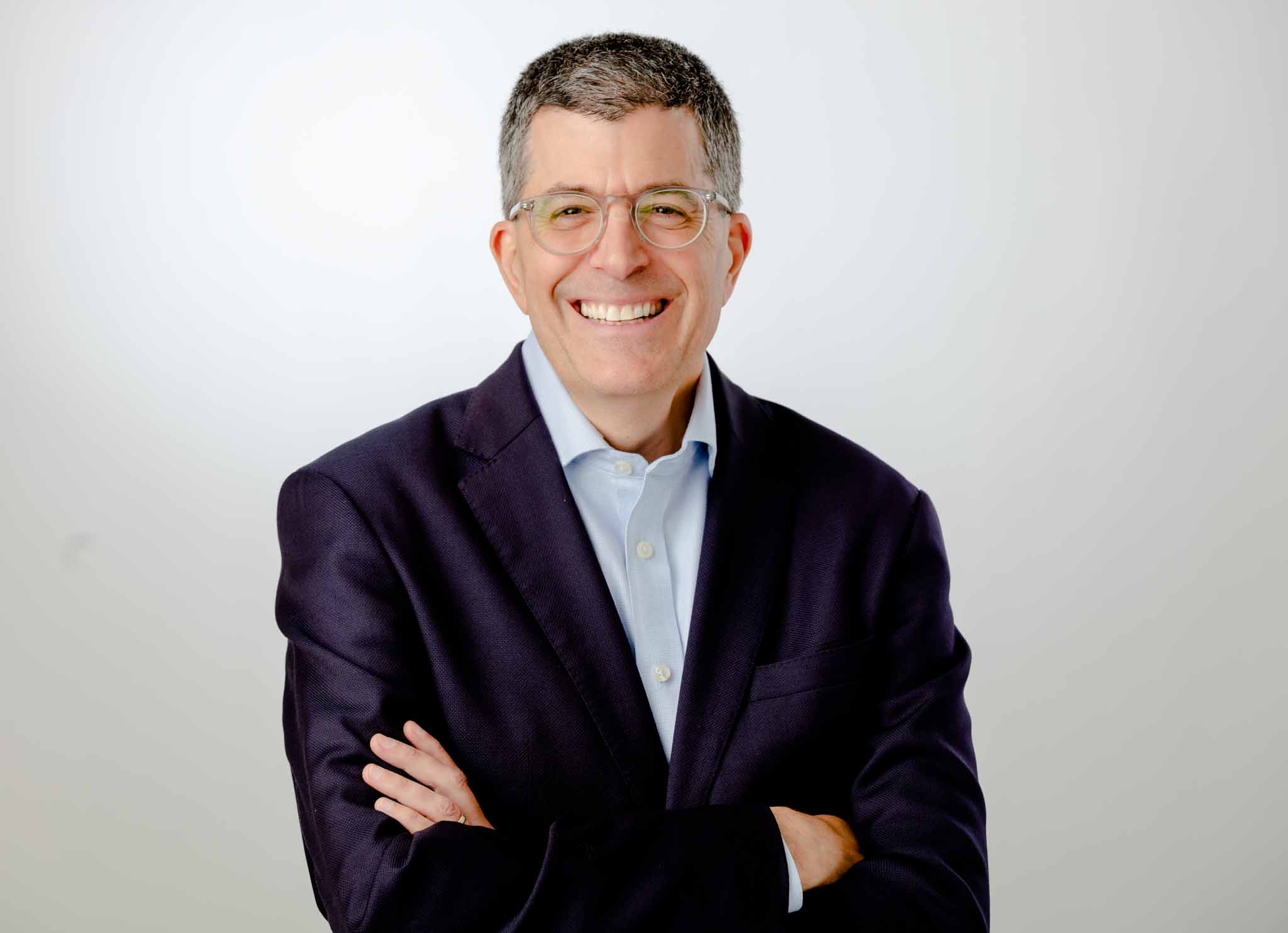Celebrating Black History Month: The Impact of Historically Black Colleges and Universities

American Campus Communities Executive Tosha Bowles Shares How HBCUs Have Shaped Our Country, Our Company and Her Career
February is Black History Month, a time for listening and learning about Black Americans’ unique contributions to our country’s culture and commerce. It’s a time for honoring how the Black experience has shaped—and has been shaped by—the larger American story.
As a proud graduate of Prairie View A&M University (PVAMU), which is a Historically Black College and University (HBCU), in February my thoughts turn to the important role HBCUs have played in Black history and my personal history. HBCUs have given opportunities to so many brilliant minds, starting back when few such opportunities existed for Black Americans. They have provided deep, meaningful communities of learning that link past, present and future generations. PVAMU specifically has helped American Campus Communities (ACC), where I’ve worked since my college days in the 1990s, grow into the company it is today while also helping me grow into the professional I am today.
So, in honor of Black History Month, here’s a deeper dive on why HBCUs matter so much to our country, our company and to me.
The History of Historically Black Colleges and Universities
Prior to the Civil War, very few colleges in the U.S. accepted Black applicants. During the Reconstruction era, Black ministers and white philanthropists began establishing schools all across the South to educate freed slaves. These schools, more than 100 of which are still open today, became known as HBCUs. Although today these schools boast beautiful modern campuses, complete with live-learn communities such as those built by ACC, HBCUs had humble beginnings borne from the harsh realities of slavery.
According to The Living Legacy: Black Colleges in the 21st Century, the first HBCUs started in homes, church basements and old school houses. They emerged on the same lands where many slaves were previously beaten if caught reading or writing. In the 1890s, the second Morrill Land-Grant Act required states that use federal higher education funds to provide an education to Black students, either by integrating their public universities or establishing schools specifically to serve them. Many Southern states chose the latter option, thus creating many of the South’s public black colleges. During the height of segregation, HBCUs attracted brilliant Black educators who were not allowed to teach elsewhere and trained the majority of the country’s Black professionals.
My Personal History at PVAMU
.png)
By the time I attended PVAMU in the 1990s, we were decades into integration, but the sense of history was still palpable on campus. PVAMU is the second-oldest public institution of higher learning in Texas and was established in 1876 on the site of the former Alta Vista Plantation. The residents of that plantation could not have fathomed the position my classmates and I were in, of reading and getting an education. That realization gives you a sense of obligation: This is not just for me, it's for my ancestors who came before me and went through all that they had to go through just so I can be here today and sit in this seat. It really drives you to persevere and achieve great things, because it’s about something bigger than yourself.
For me, my family connections also added to the desire to leave a legacy. Although I was a first-generation college student, I had aunts and uncles who went to PVAMU. It started with my uncle Andrew White who graduated from PVAMU in 1966 with a degree in Mechanical Engineering. My mom, who was the youngest of 15, always promised my grandmother she would get her degree from PVAMU, too, and she eventually did: She came and studied education while I was in college!
How PVAMU and ACC Grew Together
Shortly before I arrived at PVAMU, ACC’s co-founder Bill Bayless spent two years traveling the country pitching universities his vision for modernizing student housing. PVAMU was the first to take the leap of faith. When I was a freshman, ACC’s first PVAMU community, University Village, opened with 100 percent occupancy and 400 students on the waitlist.
University Village was a highly coveted destination, as the other, older dorms—like the one I lived in—where we shared spaces with three people in a room and six people to a restroom.
I was excited to finally get a spot at University Village in 1998. It was considered a right of passage to live in the dorms but moving to University Village was an upgrade. For many including myself, living at UV was the first time I had my own room. UV gave me the comfort and security of living on campus, and being part of a community that had the same values and goals as I did. I met lifelong friends at UV, and we often reflect on how our time at UV is a big part of our Prairie View memories.
Two years later, I got the opportunity to work as a community assistant at University College, a freshman housing community that was ACC’s second development at PVAMU. On move-in day, the general manager invited me to work in the front office with her. We discovered an error that led us to be overbooked. That’s a special kind of crisis at PVAMU, where move-in day is a celebration for many first-generation college students—a celebration that includes parents, grandparents and more. So, there were all these folks standing around with their stuff, and I dove in and found I had a talent for customer service. We got everyone a room!
I decided to pursue my passion for helping students and have been working with ACC ever since, eventually becoming a general manager and then moving on to various corporate positions including my new role as senior vice president of property operations.
And since 1996, ACC and PVAMU's enduring partnership has fully privatized PVAMU’s housing and reshaped its campus through 9 developments, and has propelled ACC to define and lead the student housing industry. Our ACC team will always be grateful to the HBCU that served as the original incubator of our success, and we are honored to count two other HBCUs among our university partners.
So, as we plan ACC’s growth for 2024 and beyond, we will pause and reflect throughout Black History Month. Because as Maya Angelou once said, “You can’t really know where you are going until you know where you’ve been.”






